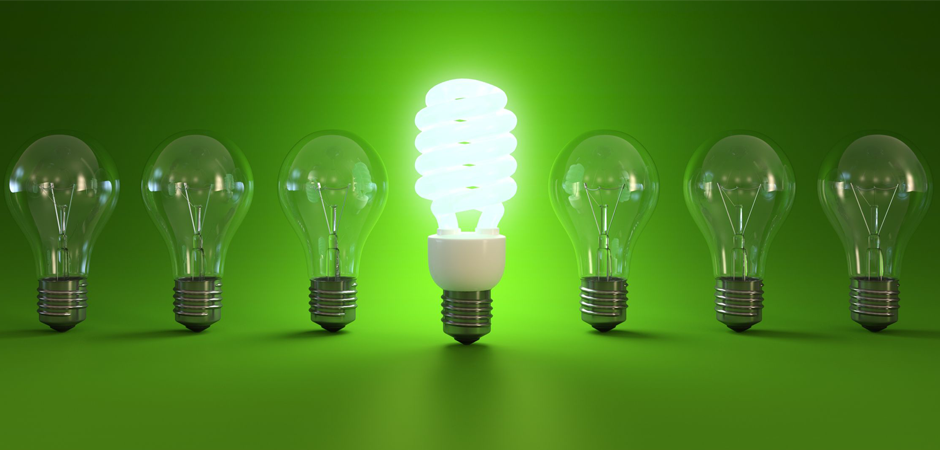
In November 2016, the NSW Government launched several discussion papers, all of which contribute to the government’s “aspirational” objective of reaching net-zero emissions by 2050.
One of these, A Draft Plan to Save NSW Energy and Money,calls for an enhanced effort to achieve greater energy efficiency. This could mean lower householdelectricity bills for and lower emissions for NSW.
With the release of these discussion papers it is clear that NSW has embraced the path of sensible climate and energy policy, and that the climate denialism that had been apparent only a few years ago has now been repudiated. The low point of that denialism is surely to be found in 2012, when then Energy Minister Chris Hartcherreversed plans to phase out inefficient and expensive (in terms of running costs) electric water heaters.
The Draft Plan sensibly points out that energy efficiency means lower costs for householders and lower greenhouse emissions for the NSW economy. It calls for a re-doubled effort over the next five years to achieve more progress in this area, noting that the NSW goal of energy savings of 16,000 gigawatt hours of electricity by 2020 was not on target. To address this problem the discussion paper sets out various options for reaching that target, drawing on $200 million from the NSW Climate Change Fund.
Interestingly, the draft plan notes that achievement of the 2020 target will mean reduced household electricity bills, economic benefits to NSW across the board, improve air quality and reduce health costs by around $350 million.
The discussion demonstrates an acute awareness of the significance of water heating in the overall residential energy use profile, and suggests a number of options to address this major area of energy savings opportunity. These include incentives for incentives for owners to improve hot water energy efficiency in rental homes, new homes, and low-income households.
The discussion demonstrates an acute awareness of the significance of water heating in the overall residential energy use profile, and suggests a number of options to address this major area of energy savings opportunity. These include incentives for incentives for owners to improve hot water energy efficiency in rental homes, new homes, and low-income households.
Regarding hot water systems, the paper explicitly notes that energy efficient hot water systems can lead to significant energy savings.
All in all this discussion paper suggests that major improvements in energy efficiency, specifically including the hot water industry, could be achieved in NSW with strong government support.
